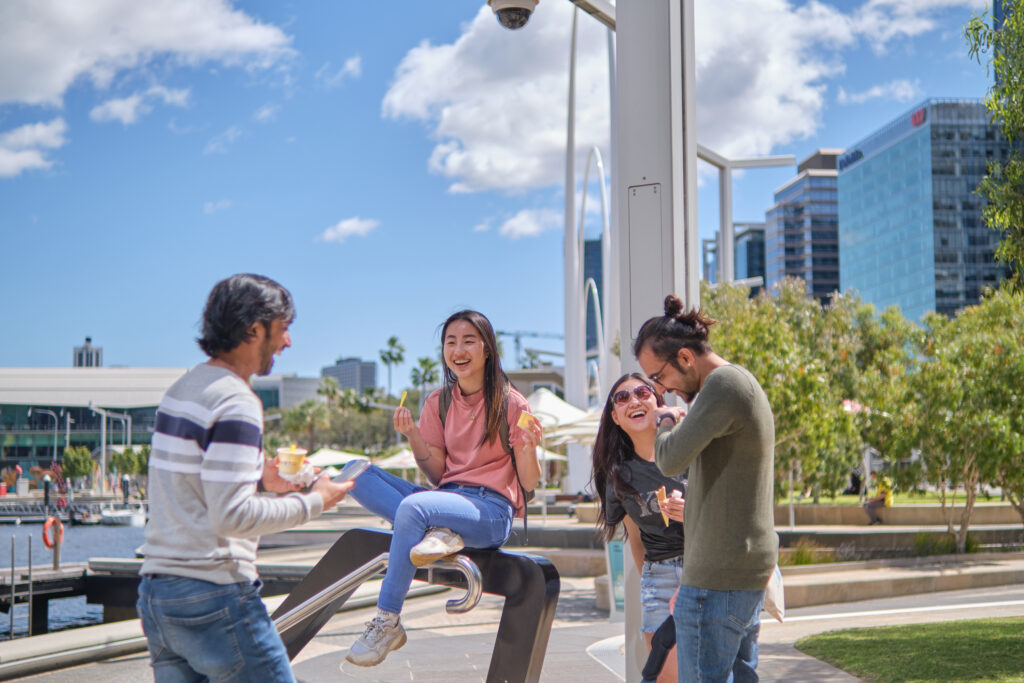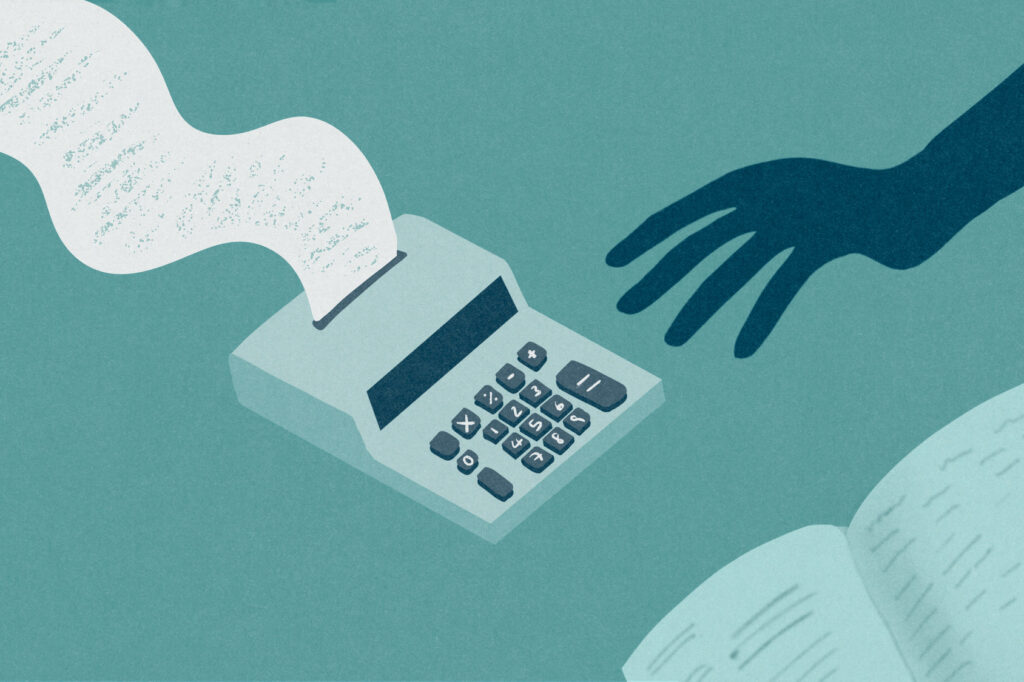Whether it’s a car, a house or just an unexpected expense, there may come a time during your studies in Australia when you need to consider your finance options. Making an investment can be a smart financial move if you have a stable income. However, taking out a loan is also a potential risk if your financial situation changes.
There are lots of things to consider before taking out a loan: the interest rate, whether it’s fixed or variable, what fees apply, and whether you need to make a deposit. The process differs between institutions and some may or may not lend to international students. In general, though, most require that the prospective borrower is over 18 years old and has a regular income to pay back the loan.
Eligibility of international students
Lenders often have additional eligibility criteria for international students who want to take out a personal or car loan, like setting the loan term to be no longer than the duration of your current visa. Because international students rarely have a credit history in Australia, the lender will place more emphasis on the size of your deposit, plus your income and employment details. A guarantor, like your parents, who agrees to take on responsibility for the loan if you are not able to repay it, could also greatly improve your chances of success. Keep in mind that financial institutions will not lend to anyone working more than their visa allows, no matter their income.
Here, we explore the different ways to borrow money as an international student.
Car loans
Depending on what you’re after, buying a car in Australia can be expensive. So, if you don’t have the cash to pay for the car up front, you can potentially take out a loan to cover the rest. Not all lenders will offer car loans to international students, so it can be beneficial to do your research into what options may be open to you. Your education provider may be able to assist and point you in the right direction.
What kinds of car loans are available?
When buying a car, you often have a choice between finance provided by the car dealer and a loan offered by a bank, credit union or other financial institution. Dealer financing is a type of loan that is is offered by a car dealer to customers and then sold to a bank. The interest rate provided to the customer is often higher than what they would pay directly to the bank.
What are the interest rates?
Car loans can either be fixed-rate or variable-rate loans. A fixed rate means the interest rate doesn’t change over the period of the loan, while a variable interest rate can change depending on the market interest rate. This can be good or bad depending on whether market interest rates increase or decrease. In general though, interest rates on car loans usually range between five and 15 % per year, plus fees and charges.
When taking out a car loan, it is important to take into account fees and charges, as well as the interest rate. In Australia, this is called the comparison rate.
Can I save money on car loans?
Loans that let you pay extra on top of your monthly repayment can also be a great way to reduce the final cost of the car. Make sure to check the fine print carefully, because some lenders will charge you extra fees for early repayment or other alterations to your loan.
Personal loans
Personal loans can come in handy for expenses like planning a wedding, debt consolidation, taking a holiday, medical expenses or supporting family members. Like car loans, there are some financial institutions in Australia that will lend to international students in the form of a personal loan.
What are the terms of a personal loan?
Personal loans are short-term and typically paid off over two to seven years, with interest rates higher than that of a mortgage but lower than that of a credit card. They are also usually approved more quickly than a mortgage, due to the fact that you are assessed more so on your credit risk and experience.
Interest rates can be fixed-rate or variable-rate and generally range from seven to 30% per year for amounts between around $2,000 to $75,000. The amount you can borrow will be decided by the bank or financial institution based on your income, credit history and any current liabilities. In this case, a liability is any other money you owe, like a credit card debt.
Do I need to provide security?
Personal loans can also be secured by an asset or unsecured. When a loan is secured by an asset, the borrower uses an asset like a car or property as security for the loan, kind of like a bond. Your asset then becomes the property of the bank if you are not able to pay off the loan. In the case of not being able to pay back an unsecured personal loan, the lender may have the right to auction off any of your other assets to pay off the debt.
Education loans
Most Australian students use government-provided finance to cover their education, so the market in Australia for dedicated educational loans is quite limited. Unfortunately, non-Australian citizens cannot get a HELP loan and must pay the fees set by their education provider.
Where can I find financial assistance for my education?
If you need financial aid, you should first check with your educational institution in Australia, as they may offer grants, scholarships or loans. There are also countries that have loan systems in place that offer financial aid to their citizens studying in Australia, including Canada, Sweden, Norway, Germany, Denmark, the UK, and the US.
What if I can’t secure an education loan?
If those routes are unavailable to you, your educational expenses could fall under the category of a personal loan with a private lender. Specific education loans are also available and range from around $2,000 to $15,000. They are usually paid directly to your institution over the course of your degree.
Home loans
Hoping to buy a house in Australia? Chances are, you’ll need a home loan. As an international student you can only work a maximum of 48 hours per fortnight, so it can be hard to earn enough income to qualify for a home loan in Australia. Instead, the most common method of buying a property for international students is for your parents to buy an investment property in Australia in their name and to rent it to you. Your parents will likely be eligible to borrow up to 70% of the property value. You could also buy a property with your partner if they are an Australian resident.
What kinds of loans are available?
Most lenders offer different types of home loans including variable-rate loans, fixed-rate loans and lines of credit. A line of credit is a little more flexible than a traditional loan, meaning you can borrow up to a certain limit, make the required repayments, and borrow again if you need to.
How can I organise a home loan?
A mortgage broker can help you decide which of these options is right for you and find out which banks offer home loans to international students. However, keep in mind that interest rates are at extremely high in Australia at the moment, so might not be the best time to get a mortgage. Mortgage interest rates are decided by a range of factors and can become a large financial drain over time, so do your research before committing to any loan.
Other helpful tips
Of course, lending is a business and you may come across some unethical providers hoping to charge you as much as possible for your loan. All financial institutions in Australia are regulated by the Australian Securities and Investment Commission (ASIC) and must hold a licence to lend money. You can also consult ASIC if you encounter any dodgy behaviour.
Avoid payday or next-day lenders offering quick approval with no credit checks, as they almost always charge extremely high interest rates that can quickly spiral out of control. If a deal sounds too good to be true, check for hidden fees and higher interest rates that kick in later and compare with other loans on the market. By taking the time to consider the costs and benefits of taking out a loan, you can ensure that you’re making the most of your financial future.





